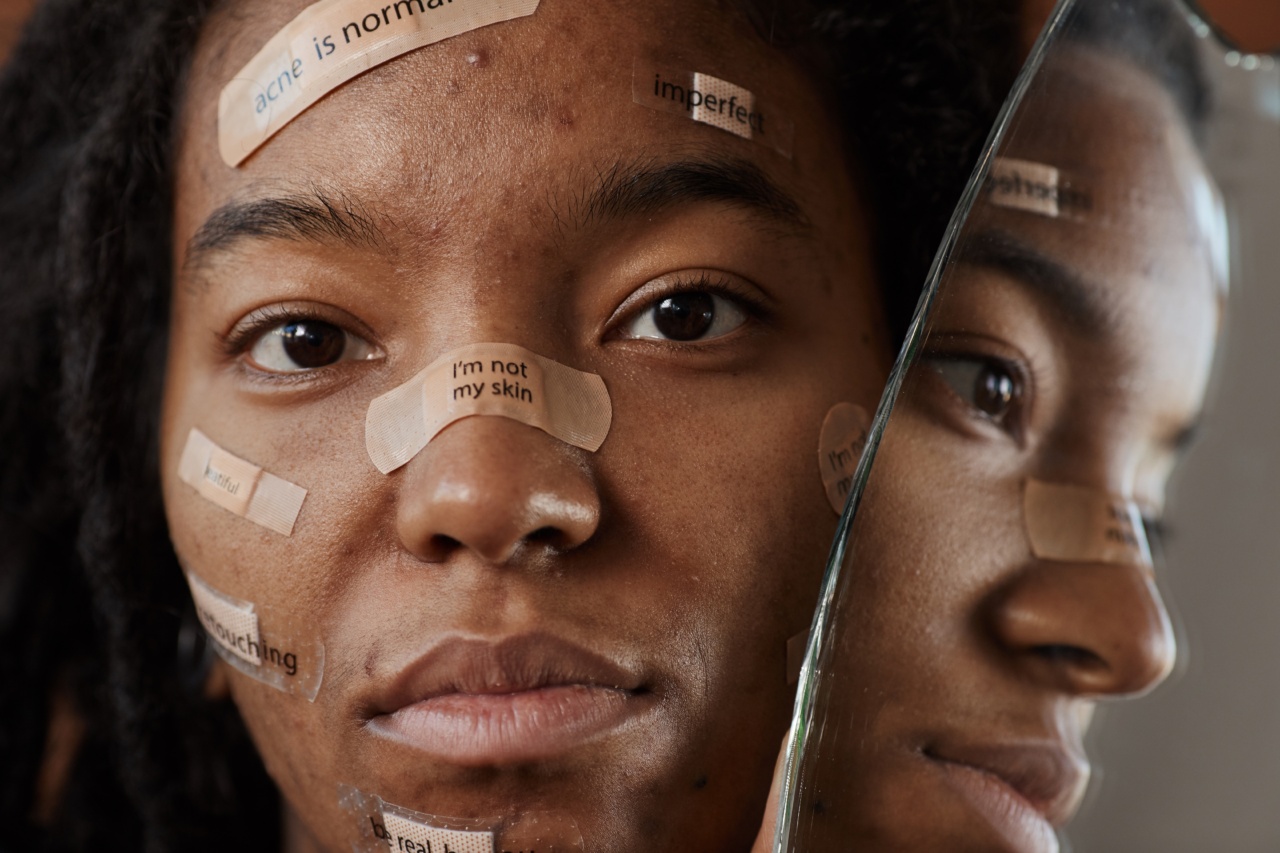Acne is a common skin condition that affects both teenagers and adults. While it is often associated with adolescence, adults can also experience acne for various reasons. In this article, we will explore the factors contributing to acne in adults.
Hormonal Imbalances
Fluctuations in hormone levels can lead to acne breakouts in adults. Hormonal imbalances during the menstrual cycle, pregnancy, or menopause can trigger acne.
Increased androgen levels in women, known as hyperandrogenism, can also play a role in adult acne development.
Stress
Chronic stress can affect the body’s hormone levels and increase inflammation, which can contribute to acne formation.
Stress stimulates the production of cortisol, a hormone that may trigger the sebaceous glands to produce more oil, leading to clogged pores and acne breakout.
Diet and Nutrition
Studies suggest that certain dietary factors can worsen acne in adults. High glycemic index foods, such as sugary snacks and refined carbohydrates, may promote inflammation and increase sebum production.
Dairy products and foods rich in saturated fats have also been associated with adult acne.
Medications
Some medications can contribute to acne breakouts in adults. Corticosteroids, anticonvulsants, and certain hormonal medications can disrupt the balance of hormones and trigger acne.
It is important to consult a healthcare professional if you suspect that your medications may be causing or aggravating your acne.
Cosmetic Products
Certain cosmetic products, particularly those that are oil-based or comedogenic, can clog pores and promote acne. It is essential to choose non-comedogenic and oil-free products, especially if you have acne-prone skin.
Regularly cleaning makeup brushes and avoiding prolonged use of expired products can also help prevent acne breakouts.
Pollution and Environmental Factors
Pollution and exposure to environmental factors can contribute to adult acne. Air pollution can deposit particulate matter on the skin, leading to clogged pores and inflammation.
Additionally, exposure to high humidity, extreme temperatures, and industrial pollutants may exacerbate acne symptoms.
Smoking
Smoking and tobacco use have been linked to an increased risk of acne in adults. The chemicals present in tobacco can affect the skin’s oil production and contribute to the development of acne.
Smoking also impairs the skin’s ability to heal, making it more difficult to treat acne breakouts.
Genetics
Genetics can also play a role in adult acne. If your parents or siblings have a history of acne, you may be more prone to experiencing acne breakouts.
Genetic factors can influence sebum production, inflammation response, and the overall health of your skin, predisposing you to acne.
Underlying Medical Conditions
Some underlying medical conditions can contribute to adult acne. Polycystic Ovary Syndrome (PCOS) is a hormonal disorder that can cause acne due to increased androgen levels.
Certain endocrine disorders, such as adrenal hyperplasia, can also lead to adult acne breakouts.
Personal Habits
Personal habits can influence the occurrence of adult acne as well. Not properly cleansing the skin, touching the face frequently, or wearing non-breathable clothing can all contribute to acne formation.
Additionally, excessive scrubbing or using harsh skincare products can irritate the skin and worsen acne symptoms.
Conclusion
While commonly associated with adolescence, acne can affect adults as well.
Factors such as hormonal imbalances, stress, diet, medications, cosmetic products, pollution, smoking, genetics, underlying medical conditions, and personal habits can all contribute to adult acne. Understanding these factors can help individuals take appropriate measures and seek medical advice to manage and treat their acne effectively.






























